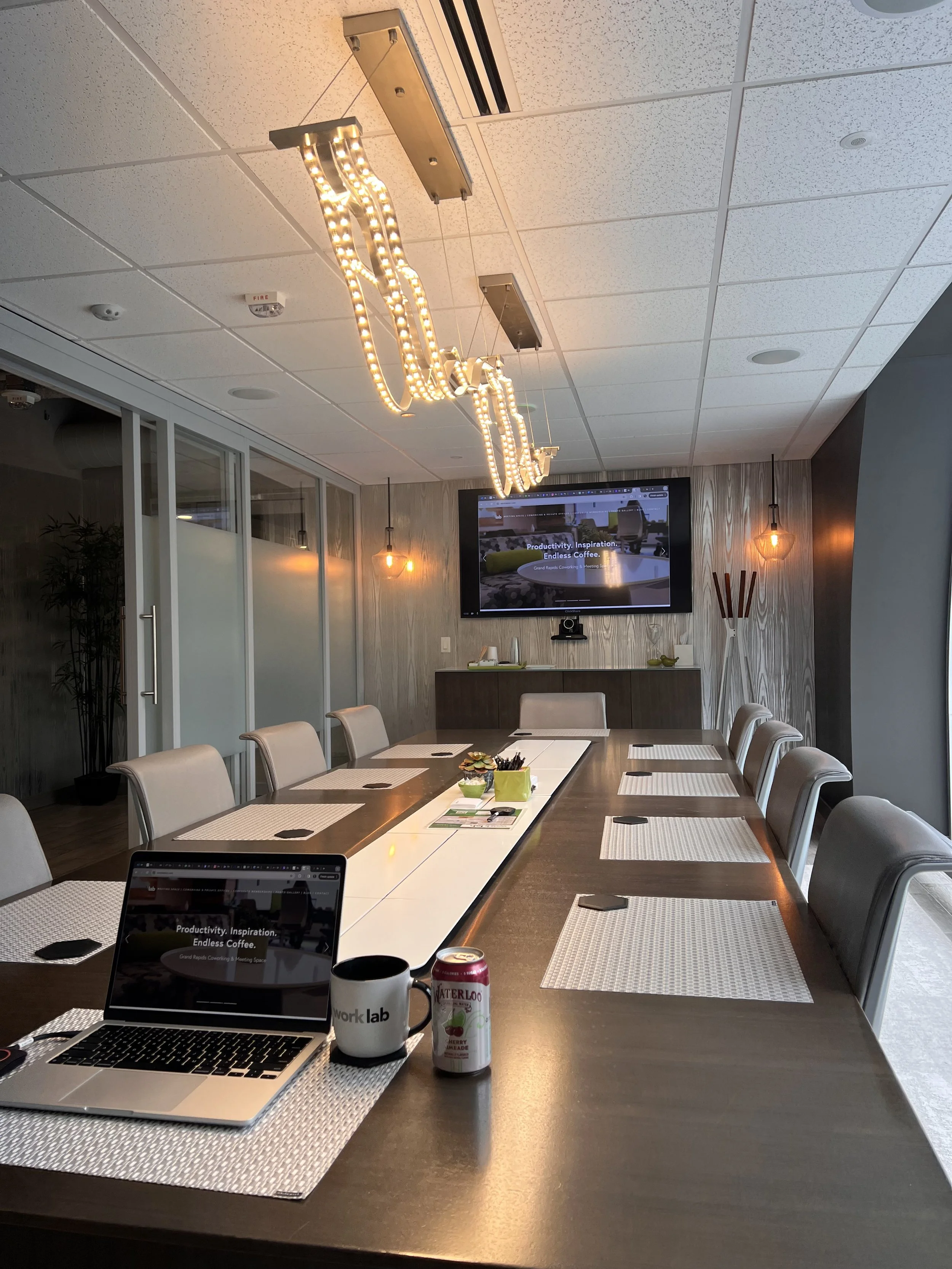Mastering the Art of Effective Meetings: Tips for Engaging and Productive Discussions
Meetings are a cornerstone of collaboration in any workplace. When executed effectively, they can drive innovation, foster teamwork, and propel projects forward. However, all too often, meetings can devolve into unproductive, time-wasting endeavors. So, how can you ensure that your meetings are engaging and productive? Here are some tips to help you master the art of effective meetings:
1. Set Clear Objectives: Before scheduling a meeting, define its purpose and objectives. What do you hope to accomplish? Are you seeking input on a new project, making decisions, or providing updates? Communicate these objectives to participants in advance so everyone comes prepared and focused.
2. Keep It Concise: Respect participants' time by keeping meetings as concise as possible. Stick to the agenda and avoid going off on tangents. Set a time limit for each agenda item and allocate time for open discussion at the end if necessary.
3. Invite the Right People: Be selective about who you invite to your meetings. Only include individuals who are essential to the discussion or decision-making process. This helps minimize distractions and ensures that everyone present can contribute meaningfully.
4. Foster Engagement: Create a welcoming and inclusive atmosphere where all participants feel comfortable sharing their thoughts and ideas. Encourage active participation by asking open-ended questions, soliciting feedback, and inviting quieter members to contribute.
5. Use Visual Aids: Visual aids such as slides, charts, or diagrams can help convey complex information more effectively and keep participants engaged. However, use them sparingly and ensure they enhance, rather than detract from, the discussion.
6. Stay on Track: As the meeting facilitator, it's your responsibility to keep the discussion on track and ensure that objectives are met. Politely redirect the conversation if it veers off course and table unrelated topics for future discussions.
7. Summarize and Follow Up: At the end of the meeting, summarize key decisions, action items, and next steps. Assign responsibilities and deadlines as needed, and send out meeting minutes or a summary to all participants for reference.
8. Seek Feedback: After the meeting, solicit feedback from participants to identify areas for improvement. What worked well? What could be done differently next time? Use this feedback to refine your meeting process and make future meetings even more effective.
By implementing these tips, you can transform your meetings from time-consuming obligations into valuable opportunities for collaboration and productivity. Remember, effective meetings don't just happen—they're the result of careful planning, active facilitation, and a commitment to fostering meaningful discussions.
Book an all inclusive meeting room at Worklab here!

